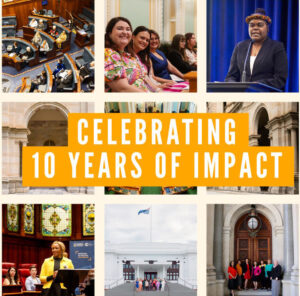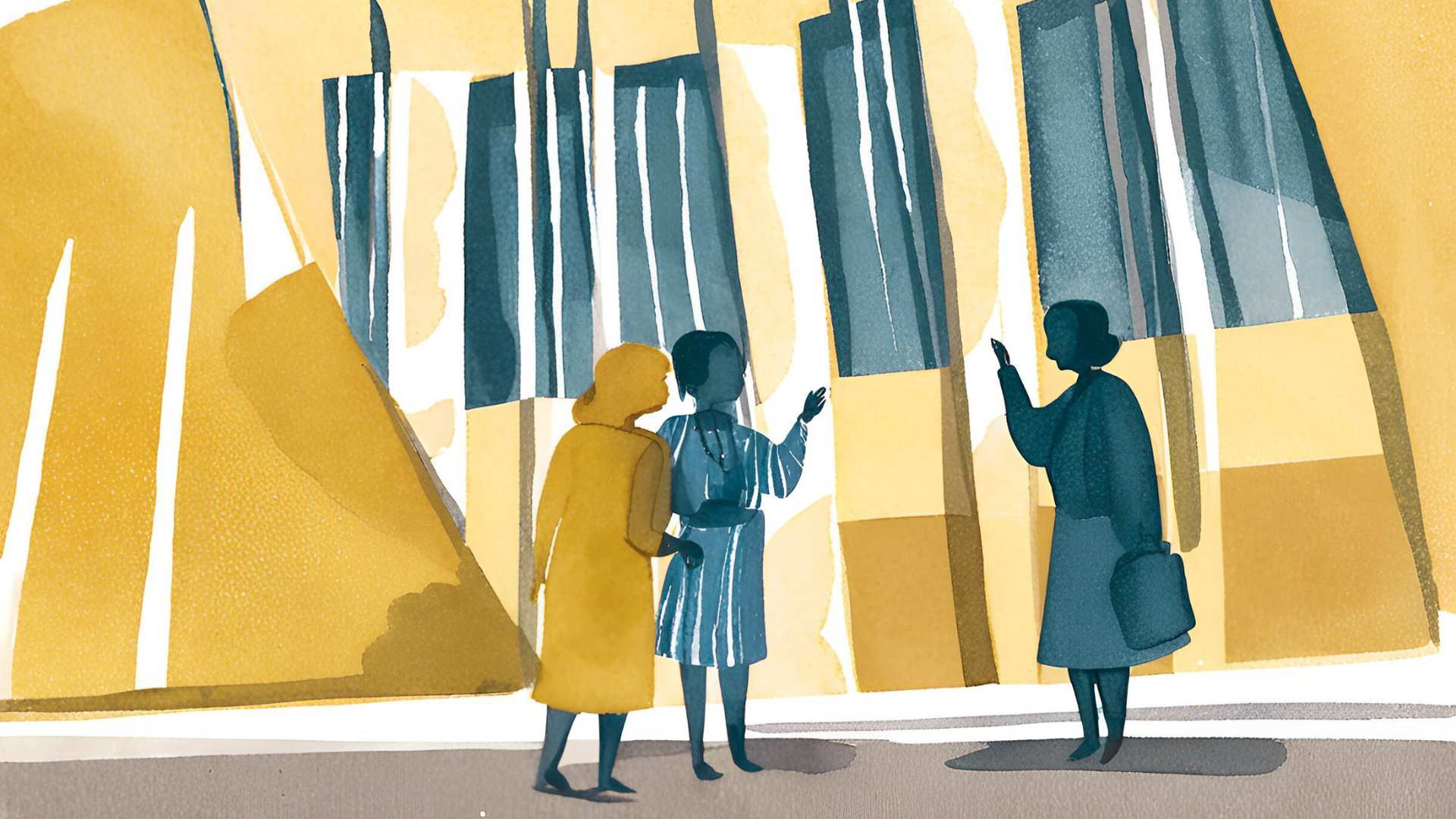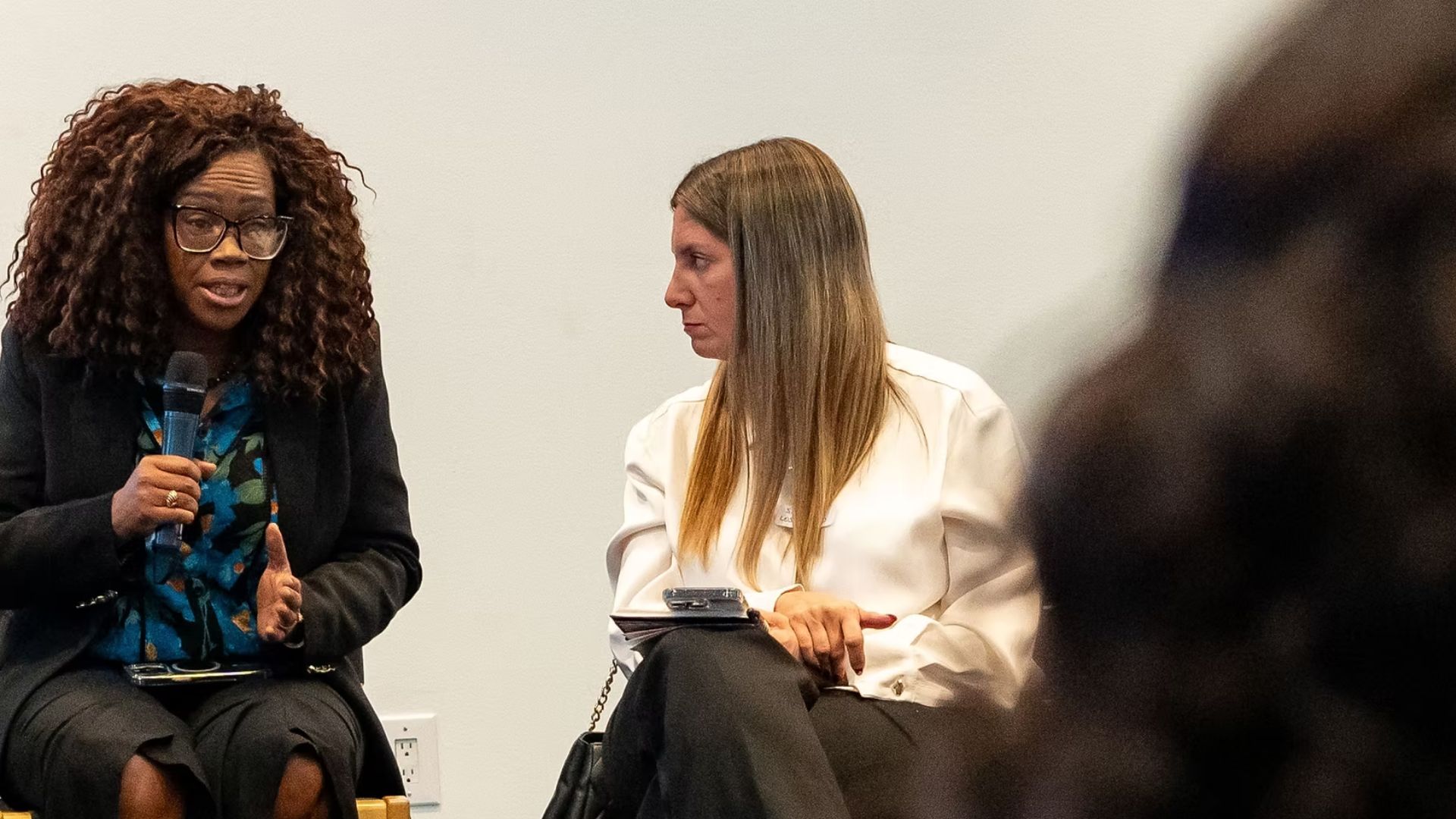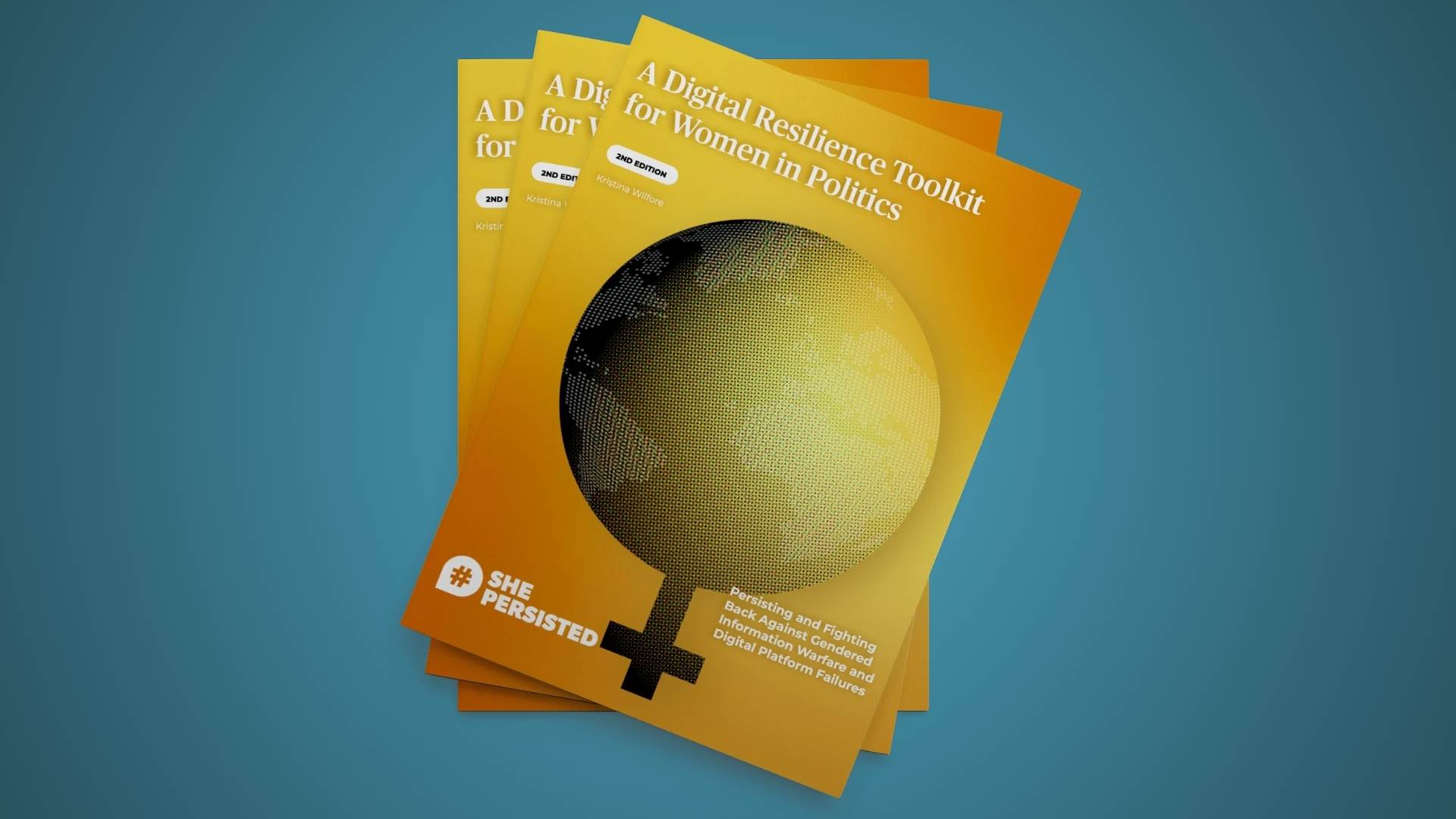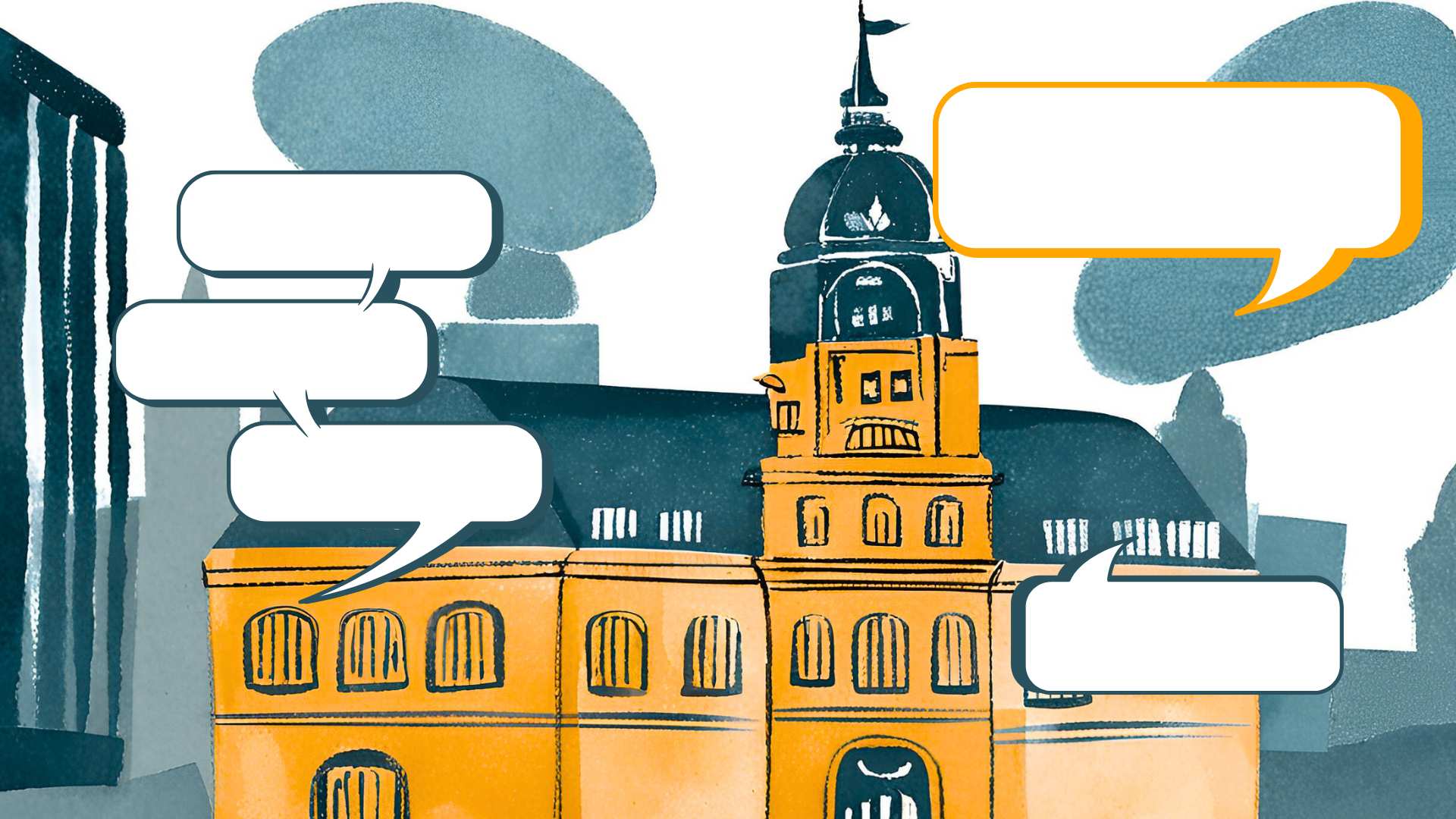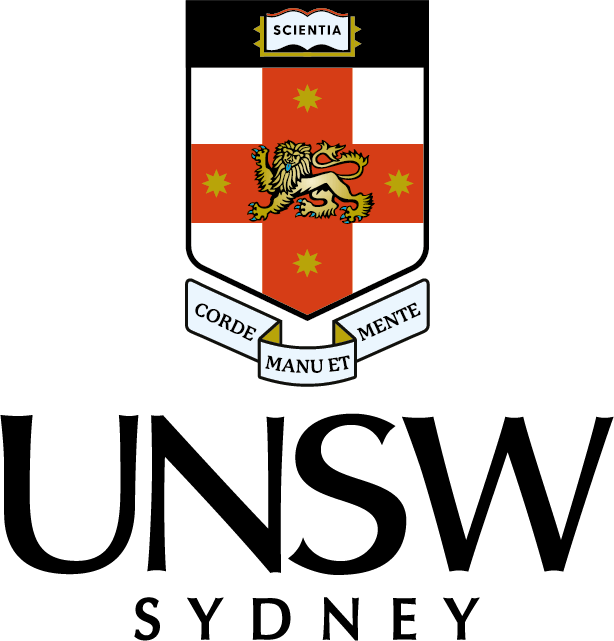Anne-Marie Cade, June 2024
This article is republished from LinkedIn with permission from the author, Anne-Marie Cade, from her “Civility Matters” series, which explores how to promote respectful and constructive communication in local government.
These articles aim to offer practical strategies and real-world insights to help local leaders manage conflict, encourage inclusion and strengthen civil discourse in their communities.

About Anne-Marie Cade
Anne-Marie Cade is an award-winning Lawyer, Nationally Accredited Mediator, Conflict Resolution Specialist, Speaker, Trainer, and Lecturer in law. She has won numerous awards for her work in dispute resolution and was named Mediator of the Year in 2023 and Conflict Coach of the Year in 2024. She is former Mayor of Glen Eira City Council, Victoria.
Anne-Marie is an alum of the 2024 VIC Pathways to Politics for Women program.
In local government discourse, anger is often seen as the primary culprit behind incivility. However, anger itself isn’t necessarily the problem; it’s how you manage and express this powerful emotion that can lead to constructive or destructive outcomes. Understanding the role of anger and finding ways to manage it effectively can transform heated debates into productive conversations.
What is anger?
Anger is a natural and often necessary emotion that signals when something is wrong. It is a response to perceived threats, injustices, or frustrations. Physiologically, anger triggers a fight-or-flight response, preparing the body to confront or escape the source of the threat. While this reaction can be beneficial in dangerous situations, in the context of local government discussions, it can lead to impulsive, disrespectful, or hostile behaviour if not properly managed.
Why is anger regarded as a problem?
In local government discourse, anger is frequently viewed as problematic because it can escalate conflicts, hinder effective communication, and create a toxic environment. When anger is expressed in an aggressive or uncontrolled manner, it can shut down dialogue, polarize positions, and damage relationships. This incivility can lead to decision-making paralysis, where parties are more focused on winning the argument than on finding solutions that benefit the community.
Amanda Ripley, in her book “High Conflict: Why We Get Trapped and How We Get Out,” offers insights on managing anger to enable better discussions, particularly in high-conflict situations. Ripley distinguishes between high conflict and regular conflict, emphasizing that high conflict is marked by a binary, us-versus-them mindset, which leads to dysfunctional and unproductive interactions. I don’t know about you but I find that if I am caught in the web of high conflict and the conversation descends into an argument it is exhausting. I also find it hard to concentrate.
What’s important to remember is that the problem lies not in the conflict itself or the anger but how that conflict is managed. You can get better at managing conflict, it’s necessary to push each other and challenge each other when you disagree. It’s about getting better at conflict management. Tearing someone down and humiliating them when angry with them perpetuates an endless cycle of high conflict. Nelson Mandela once said “There’s nobody more dangerous than one who’s been humiliated, even when you humiliate him righty.
My suggestions
So here are my thoughts on how you can harness the energy of anger and channel it into constructive dialogue:
- Acknowledge and understand anger: the first step in managing anger is to acknowledge it without judgment. Recognize the triggers and underlying causes of your anger. Is it a specific policy, a perceived injustice, or a personal slight? Understanding the root of your anger can help you address the real issues rather than reacting impulsively.
- Practice mindfulness and self-regulation: mindfulness techniques, such as deep breathing, meditation, and grounding exercises, can help calm the physiological arousal associated with anger. By taking a moment to breathe deeply and centre yourself, you can create a space between the stimulus and your response, allowing you to choose a more measured and thoughtful reaction.
- Communicate assertively, not aggressively: assertive communication involves expressing your feelings and needs clearly and respectfully, without attacking or blaming others. Use “I” statements to take ownership of your emotions and avoid escalating the situation. For example, say, “I feel frustrated when meetings run overtime because it impacts my schedule,” rather than, “You never respect our time.”
- Listen actively and empathetically: active listening involves fully concentrating on what the other person is saying, acknowledging their perspective, and responding thoughtfully. By showing empathy and understanding, you can de-escalate tensions and create an atmosphere of mutual respect. This approach helps others feel heard and valued, which can reduce their defensiveness and hostility.
- Seek common ground and solutions: Instead of focusing on the conflict, shift the conversation towards finding common ground and collaborative solutions. Ask questions that promote problem-solving and explore options that address everyone’s concerns. For instance, “What can we do to ensure meetings are more efficient?” This approach can transform adversarial interactions into cooperative efforts.
Conclusion
Anger itself is not the root cause of incivility in local government discourse, rather it is how you manage and express this emotion that determines the outcome of your interactions. By using some of the strategies that I have set out, you can turn potentially destructive anger into a force for constructive dialogue and positive change. In doing so, you can foster a more respectful and effective environment for local government discussions, ultimately benefiting the entire community.
For more insights on how to “Cut the Conflict in Council” listen to my podcast.
